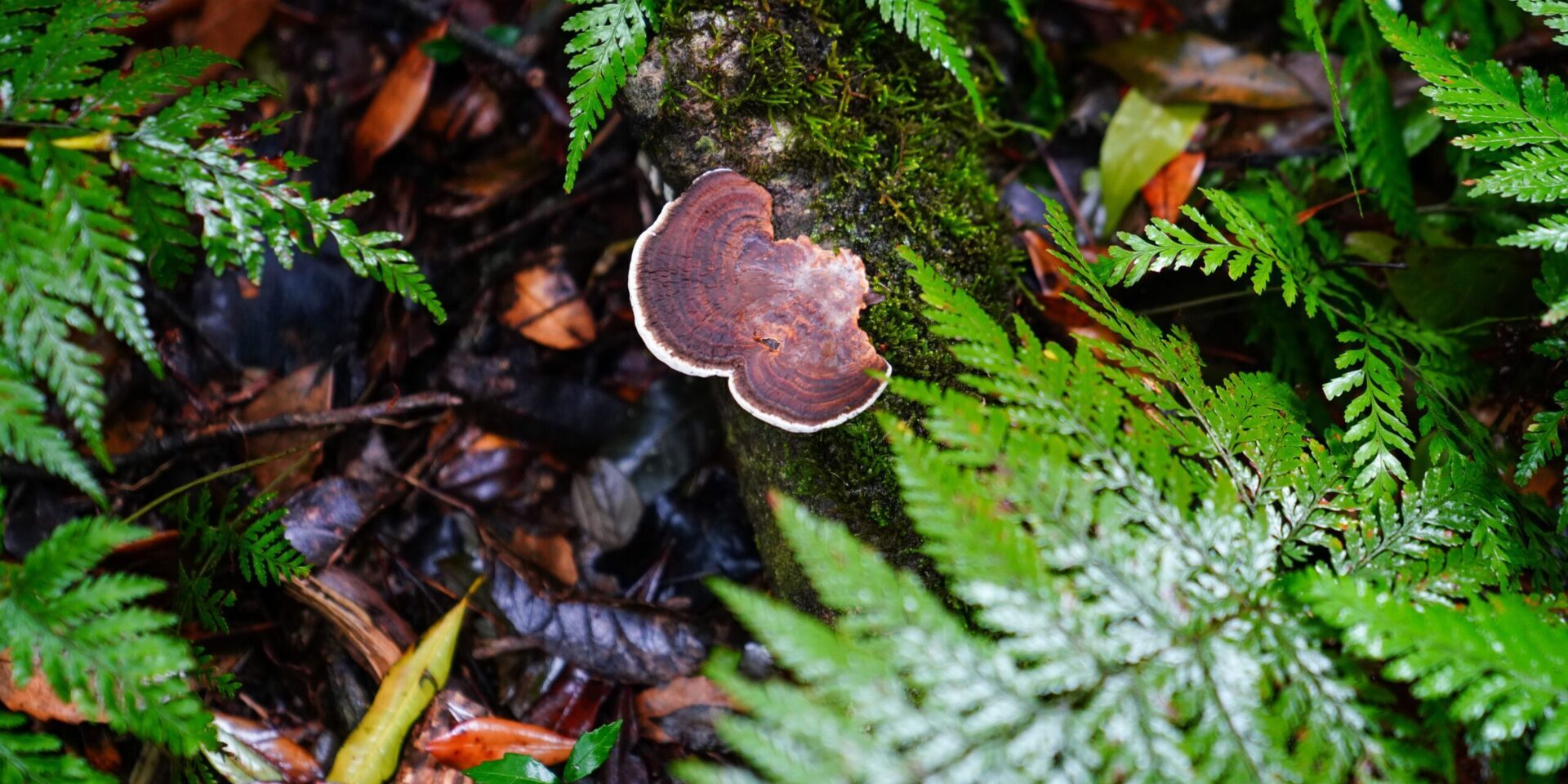Mushrooms play a central role in the ecosystem by decomposing organic matter, breaking down dead plants, woody debris, and other organic material. This process helps maintain the balance of carbon dioxide and other environmental nutrients. In this blog post, we will explore the impact of mushrooms on the ecosystem, focusing on their role in decomposition and the microbial community.
The Breakdown of Organic Matter by Saprotrophic Fungi
Mushrooms contribute to decomposition by producing extracellular enzymes that break down complex compounds in organic matter into simpler forms absorbable by other organisms. Saprotrophic fungi, a group of fungi that feed on dead plants and organic material, perform this process.
The Role of Mushrooms in Fungal Community Composition
Mushrooms significantly influence the fungal community composition of forest floors, hosting various fungal species like arbuscular mycorrhizal fungi and ectomycorrhizal fungi. These fungi form mutually beneficial relationships with plant roots, known as mycorrhizae, aiding plants in nutrient absorption while receiving energy-rich compounds in return.
The Impact of Fungal Diversity on Soil and Plant Health
Recent studies show a positive correlation between fungal diversity. and soil organic matter, as well as soil microbial functional diversity. This fungal diversity also contributes to soil C stocks and benefits plant health.

The Complex Interactions of the Microbial Community
Fungal activity extends beyond decomposition, profoundly affecting nutrient cycling, plant growth, and health. Fungi serve as hosts for various organisms, providing shelter and food for animals, bacteria, and microorganisms. These interactions create a complex network within the ecosystem known as the microbial community.
The Importance of Fungal Biodiversity in Ecosystem Function
Academic press sources like Cambridge University Press, CRC Press, and Boca Raton’s “Soil Biology & Biochemistry” emphasize the importance of fungal biodiversity in ecosystem function. Wood-decay fungi, endophytic fungi, and decomposition by mycorrhizal fungi all play essential roles in nutrient cycling, carbon sequestration, and enzyme production.

Conclusion: The Crucial Impact of Mushrooms on the Ecosystem
In conclusion, mushrooms have a crucial impact on the ecosystem and playing central roles in decomposition and the microbial community. Their ability to break down organic matter through extracellular enzymes, their involvement in the fungal community composition of forest floors, and their beneficial relationships with plant roots all contribute to a healthy ecosystem. Furthermore, recent studies highlight the importance of fungal biodiversity in ecosystem function, underscoring the need for continued research on the role of fungi in the environment.







